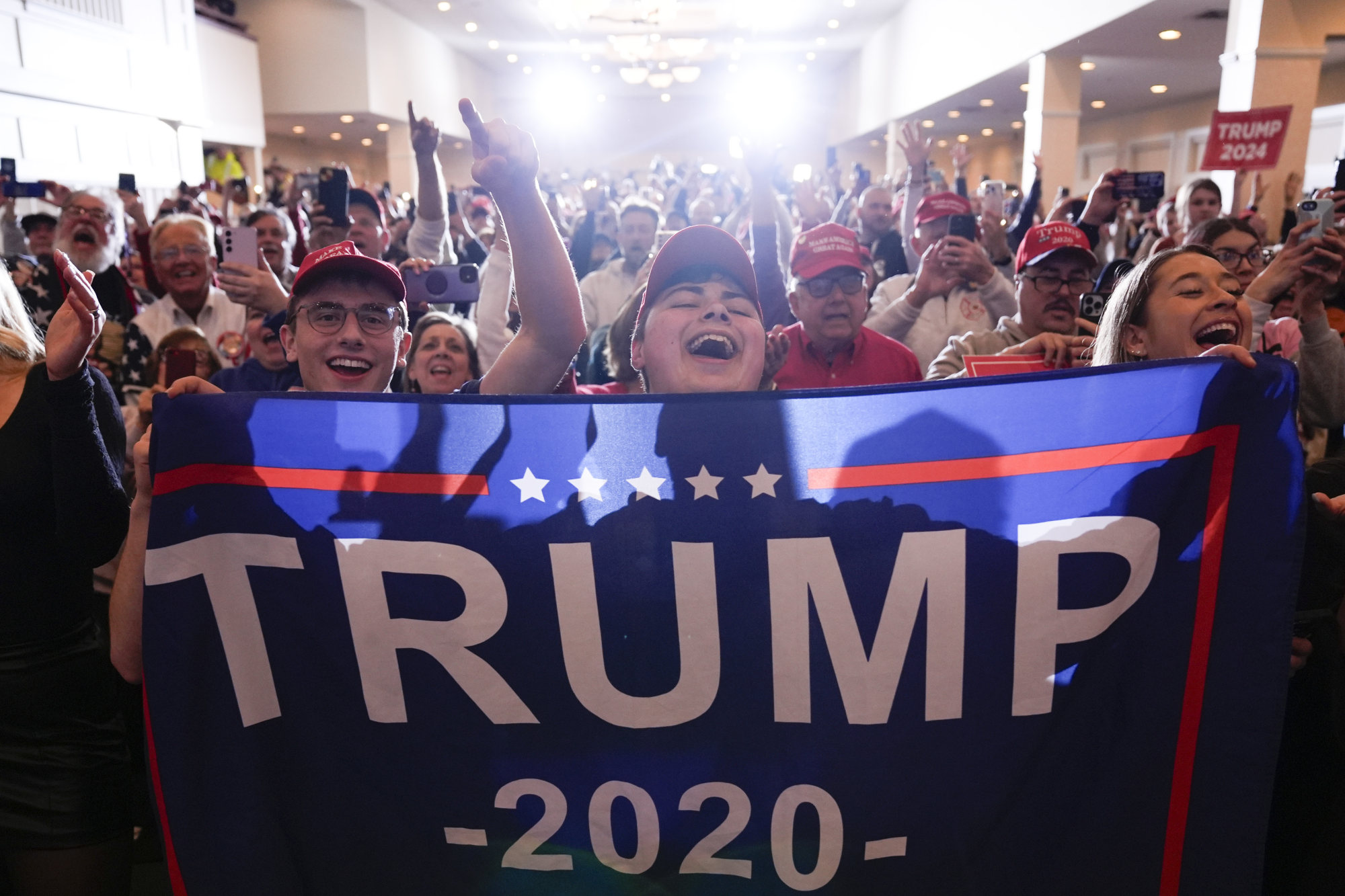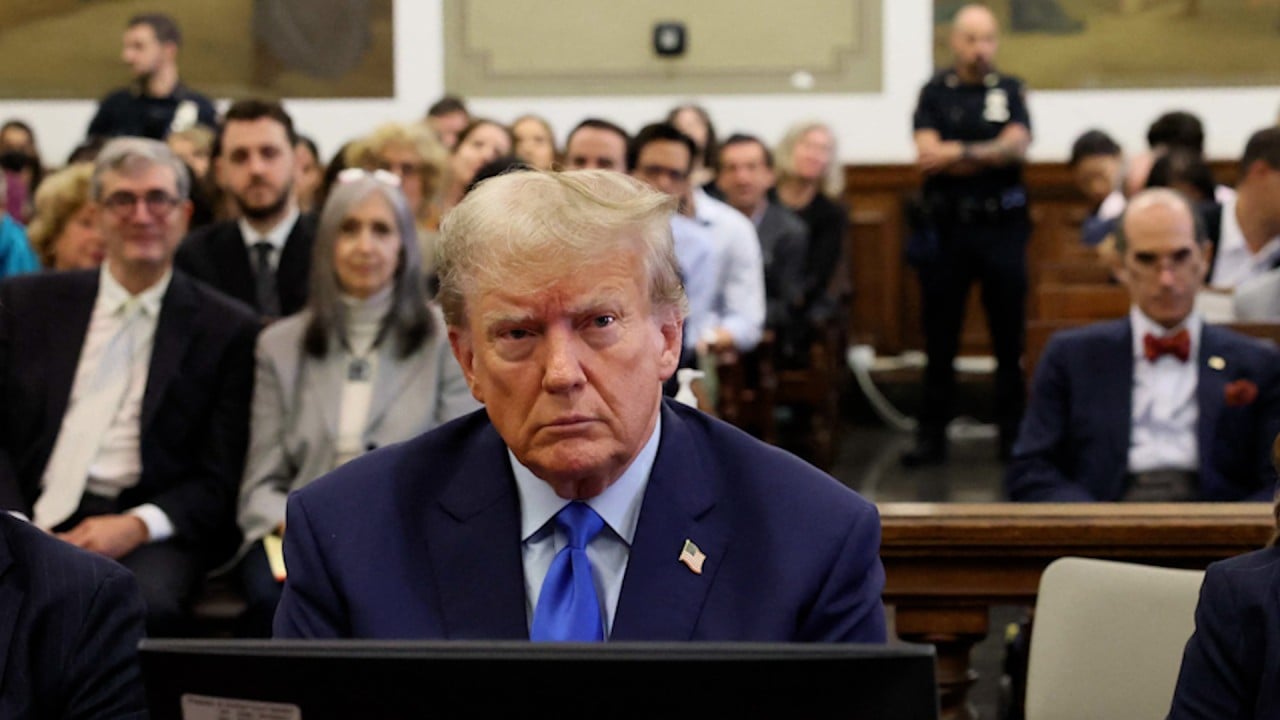A high-ranking official in the US government’s national defence apparatus, who has straddled Republican and Democratic administrations, gave a talk in Washington recently. Not surprisingly, the discussion quickly turned to the challenge China poses to American interests.
A similar shade of quiet concern, this time from the business world, came through in an article The Economist ran last week titled, “Many CEOs fear a second Trump term would be worse than the first”, which featured comments from several corporate representatives choosing to remain anonymous.
And there was this unnecessarily qualified statement by Blackrock vice-chairman Philipp Hildebrand in a Bloomberg Television interview: “You know, we’ve been there before, we survived [Donald Trump’s presidency], so we’ll see what it means. Certainly from a European perspective, from a kind of globalist, Atlanticist perspective, it’s of course a great concern.”
What about looking at this from the perspective of the American-led global order based on the rule of law, which has enabled unfettered economic growth for decades?

Instead of a full-throated warning about the dangers posed by a once and possibly future US leader intent on going it alone internationally, cutting trade ties and exacting revenge on a judicial system that’s trying to hold him accountable for a list of charges that would take half a day to read, we hear JPMorgan’s Jamie Dimon telling us in an interview with CNN at Davos that Trump was “kind of right about Nato, kind of right about immigration. He grew the economy quite well.”
It’s only his base who believes that Trump puts America first; the rest of us know that he puts himself above all else. Within the group that understands the depths of Trump’s narcissism, Democrats rightly see an all-out assault on the system of checks and balances that has sustained the American economic juggernaut. Republicans in this group, meanwhile, have downplayed this, deciding it’s a risk worth taking to restore the party’s political power.
But discomfort behind the scenes within the business community and among policymakers about Trump’s disdain for alliances with the world’s democracies – the only effective bulwark against China’s efforts to displace Washington on the world stage – could become more overt as the former president gets closer to the reins of government.
American history is full of inconsistencies but, for better or worse, one trend has remained constant: national defence and business interests have always driven policy outcomes. The world’s leaders and investors bank on this.
What happens after Trump’s probable victory in New Hampshire on Tuesday, whether these constituencies put up more resistance to a leader willing to sell out any interest for a good headline, will tell us whether these baselines are intact.
Robert Delaney is the Post’s North America bureau chief


